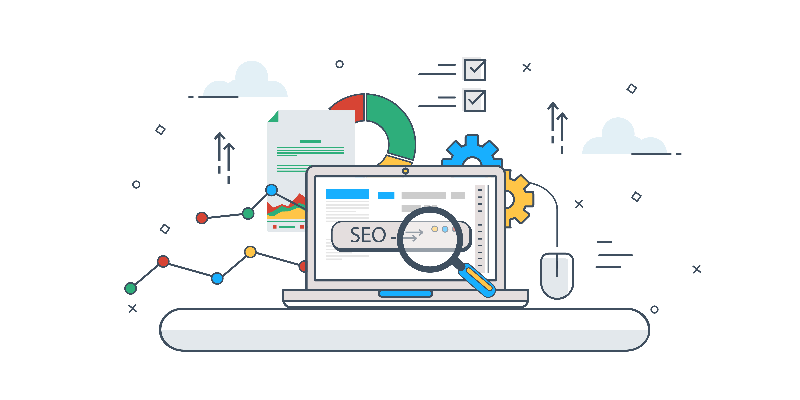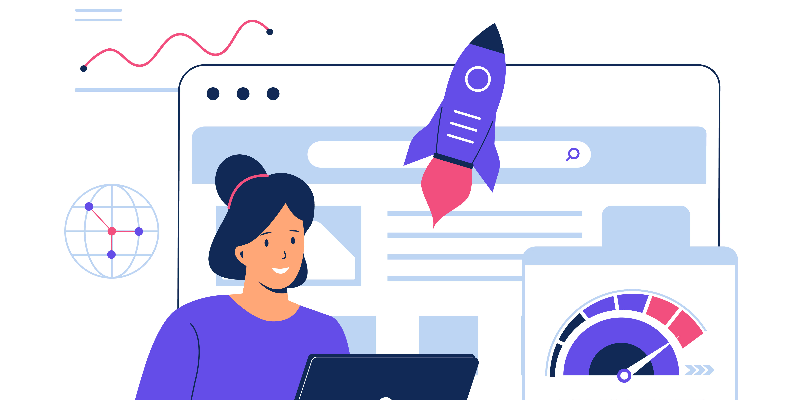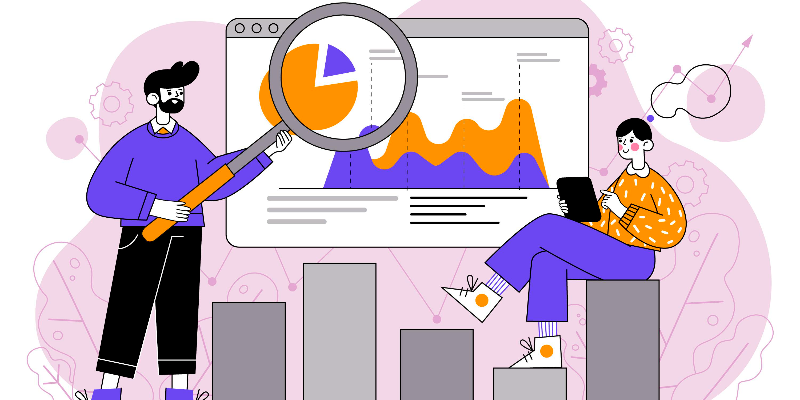

In a constantly changing online world of the year 2025, indexing of your site by search engine crawlers
is more important than ever because, as a business, you want to have an online presence. Being an advertising company that has worked so many clients on how to better
their search ranking, we have seen with our own eyes how proper indexing can either make or break a website.
This comprehensive guide will walk you through everything you need to know about how search engines crawl
and index websites, ensuring your content gets discovered and ranked effectively.
Web crawlers, also referred to as search engine crawlers, bots, or spiders, are automated applications that methodically browse through the internet in order to find and examine individual resources on the web. These sophisticated algorithms are the backbone of how search engines crawl and index websites, determining which pages appear in search results and how they're ranked.
When the crawler accesses your site, it goes through your content and links to different pages, as well as analyzing some of the aspects such as text, images, meta tags, and site structure. Crawler will then transmit this data to the servers of the search engine, and here it will be processed and stored in huge databases known as indexes. Understanding how crawlers index your site is essential for optimizing your website's visibility and performance in search results.
The journey of how search engines crawl and index websites involves several distinct phases. The initial one is crawlers find out about your site in a variety of ways: sitemaps, followed websites, and/or literal URL submission. After this has been detected, the crawler can start crawling your site logically, by means of internal links to access every single page.
During this exploration phase, crawlers evaluate numerous factors that influence how crawlers index your site. They examine how fast pages are being loaded, the mobile friendliness of the pages, the quality of their content, and such technical aspects as meta tags and structured data. Your site architecture is also evaluated by the crawler, and it looks at whether it has good navigation, clean URLs, and content structure.
The search engine then analyses and indexes the information after collecting it. This process includes the evaluation of applicability and quality of your pages, interpretation of the purpose and the meaning of your content, and how your pages should appear concerning a wide range of search terms. The entire process of how search engines crawl and index websites is continuous, with crawlers regularly revisiting sites to check for updates and changes.

Technical SEO for indexing plays a crucial role in determining how effectively crawlers can access and understand your website. Making your site clean, crawlable is also one of the overriding concerns. This is about a sensible URL structure, good internal linking, and a thorough XML sitemap to orient crawlers to all your key pages.
Page speed optimization is another critical component of technical SEO for indexing. Crawlers do not have much time and resources, which means that they rank fast-loading websites first. Use images and code compression, minification, browser caching, and a content delivery network to enhance the performance of your site. Mobile-first indexing has also become the standard, making mobile optimization essential for how crawlers index your site.
The robots.txt files and meta robot tags offer crucial remarks to the crawlers on the pages that should and should not be indexed. Use of these directives properly will make crawlers concentrate on your best material and stay away from duplicate or low-quality pages, which may negatively affect your site's overall ranking potential.
A lot of sites have setbacks that do not allow them to crawl and index effectively. Broken internal links create dead ends that stop crawlers from discovering important content, directly impacting how search engines crawl and index websites. 404 errors and link auditing should be done on a regular basis as part of your maintenance routine.
Another large problem is the duplicate content that is misunderstood by crawlers, and your own site loses its power. Add canonical tags indicating preferred versions of similar pages and make sure that each page presents its own, useful content. Poor site architecture with orphaned pages or overly complex navigation can also hinder how crawlers index your site effectively.
Technical SEO for indexing also requires attention to server errors, slow response times, and blocked resources. Normally, crawlers cannot access your CSS, JavaScript, or image files; therefore, they might not capture the relevance and context of your content, therefore the indexing and ranking performance might be poor.

To improve how search engines crawl and index websites, start by creating a logical site structure that makes it easy for both users and crawlers to navigate. Have descriptive keywords loaded URLs with the actual page content viewed clearly, and incorporate breadcrumbing to display page relationships.
Internal linking strategy is fundamental to technical SEO for indexing. Build a network of internal links of interlinked content that allows you to share page power on your site. This not only increases user experience but also makes your pages discoverable and renderable by crawlers.
Always revise and add to your material to provide infrequent crawlers with the incentives to visit your site regularly. New, topical content alerts the search engines that your site is still alive and has a say in its sphere of industry. This consistent activity positively influences how crawlers index your site and can lead to more frequent crawling sessions.
Modern technical SEO for indexing increasingly relies on structured data markup to help search engines understand content context. Apply schema markup and your business details, products, reviews, and other such information. This increased comprehension would also result in rich snippets and higher search results.
Core Web Vitals have become essential ranking factors, making page experience optimization crucial for how search engines crawl and index websites. Tune up Largest Contentful Paint (LCP), First Input Delay (FID), and Cumulative Layout Shift (CLS) to have the best crawler and user experience.
JavaScript-heavy websites require special consideration for how crawlers index your site. Make sure that crucial content can be reached even when JavaScript is not running, and consider application of server-side rendering where necessary, and test your URL with tools such as Google Search Console to ensure they are crawled and indexed correctly.

Monitoring of your crawling and indexing rate is obligatory because of long-term SEO success. Use tools like Google Search Console to track how search engines crawl and index websites, identifying coverage issues, crawl errors, and indexing problems before they impact your rankings.
Configure automated messages when major updates in indexed content happen, or there are crawl errors, or a decline in any metrics on the site. This proactive approach helps you quickly address issues that could negatively affect how crawlers index your site and maintain consistent search visibility.
Understanding how crawlers index your site is fundamental to achieving online success in 2025's competitive digital landscape. By implementing proper technical SEO for indexing strategies, maintaining clean site architecture, and staying current with search engine guidelines, you can ensure your website achieves optimal crawling and indexing performance.
In the case of in-house SEO or hiring SEO Services, whenever you are handling the crawling and indexing, you should keep in mind one thing that it is a continuous procedure, and you should always have a check on it so that you can optimize it. When it comes to those businesses that demand professional advice, getting professional access to the help of an experienced SEO Company in Chennai or other qualified agencies that will possess specialized knowledge to help them overcome the challenges of the current search engine algorithms and experience consistent organic growth.